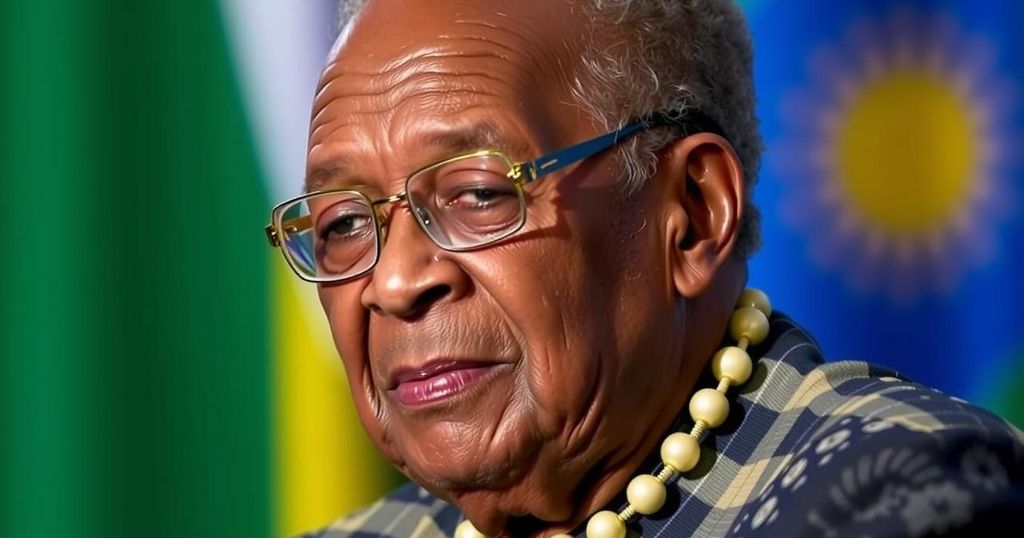Botswana’s President Mokgweetsi Masisi has conceded defeat in the recent elections, ending the Botswana Democratic Party’s 58-year rule. Initial results place the ruling party fourth, with the United Democratic Change leading the election.
Botswana’s President Mokgweetsi Masisi has officially acknowledged his defeat in the recent elections, marking a significant political shift as it concludes the Botswana Democratic Party’s (BDP) 58-year dominance in the nation’s governance. According to preliminary reports, the BDP has secured a surprising fourth position, while the United Democratic Change (UDC) has emerged as the leading party. This historical outcome reflects the evolving political landscape in Botswana, prompting a reevaluation of party dynamics and voter sentiment in the region.
The concession by President Mokgweetsi Masisi signals an unprecedented transition in Botswana’s political history. The BDP, which has been in power since the country’s independence in 1966, has faced dwindling support amidst rising public discontent concerning governance and economic performance. The UDC’s ascendance in the electoral process suggests a significant shift in the electorate’s preferences, highlighting a desire for change and new leadership. The implications of this election are profound, as they may influence political discourse and policymaking in Botswana moving forward.
In conclusion, President Mokgweetsi Masisi’s concession is a pivotal moment in Botswana’s political history, signaling the end of nearly six decades of uninterrupted rule by the BDP. The electoral success of the UDC indicates a robust appetite for change among the populace, setting the stage for a potentially transformative political era in the nation. The future will see how this leadership transition unfolds and what it means for the governance of Botswana.
Original Source: www.aljazeera.com






